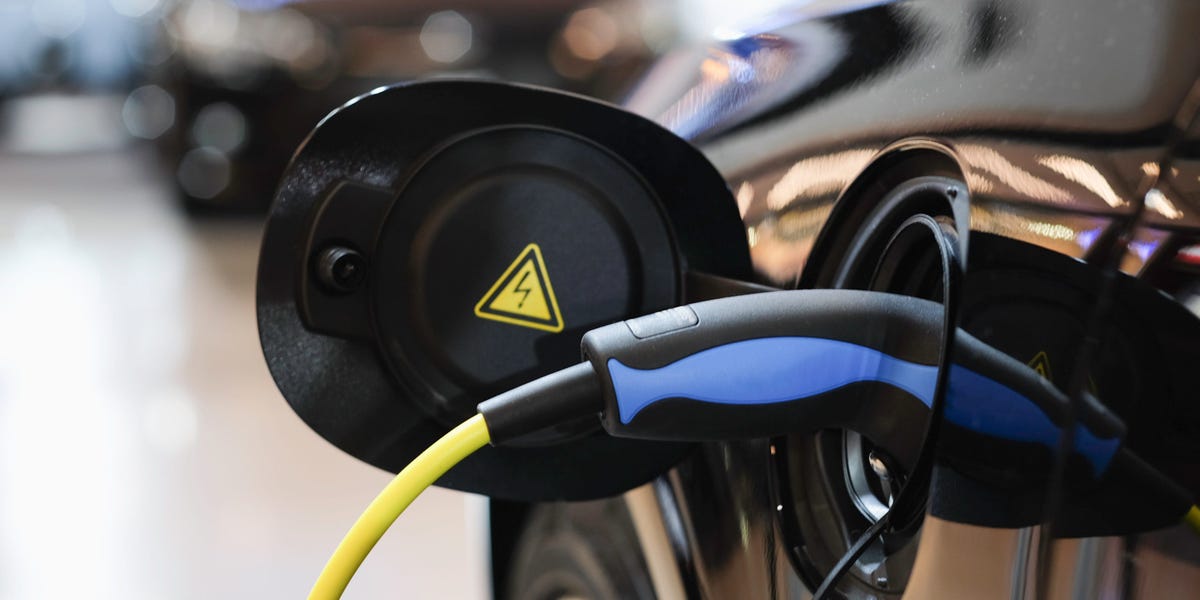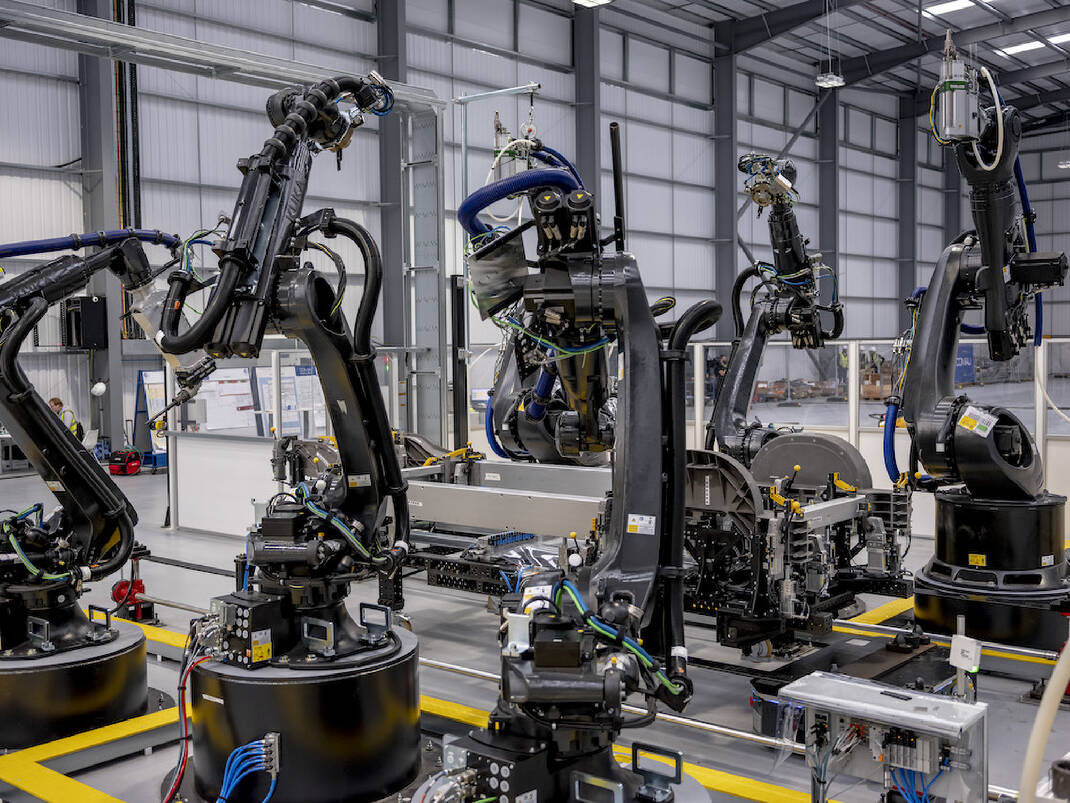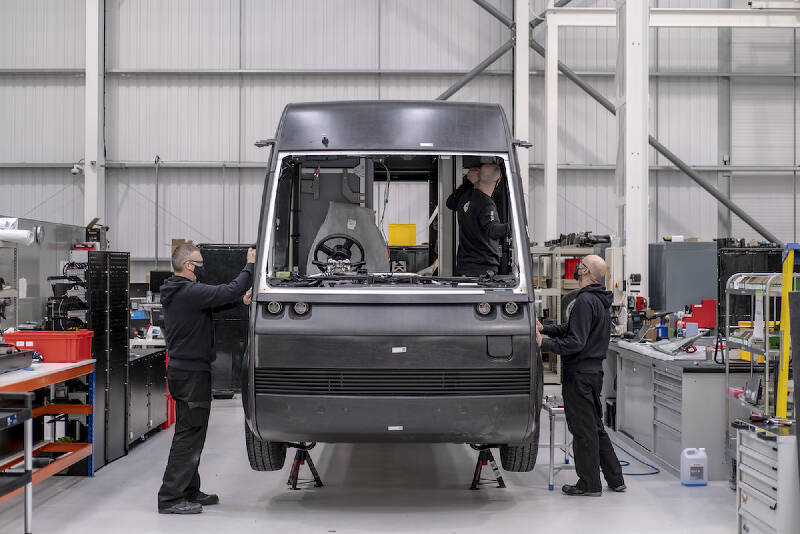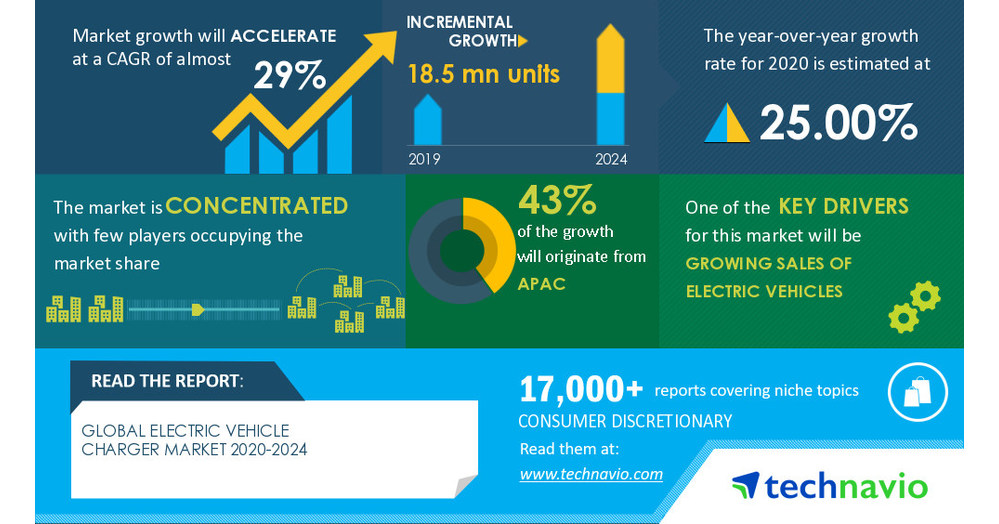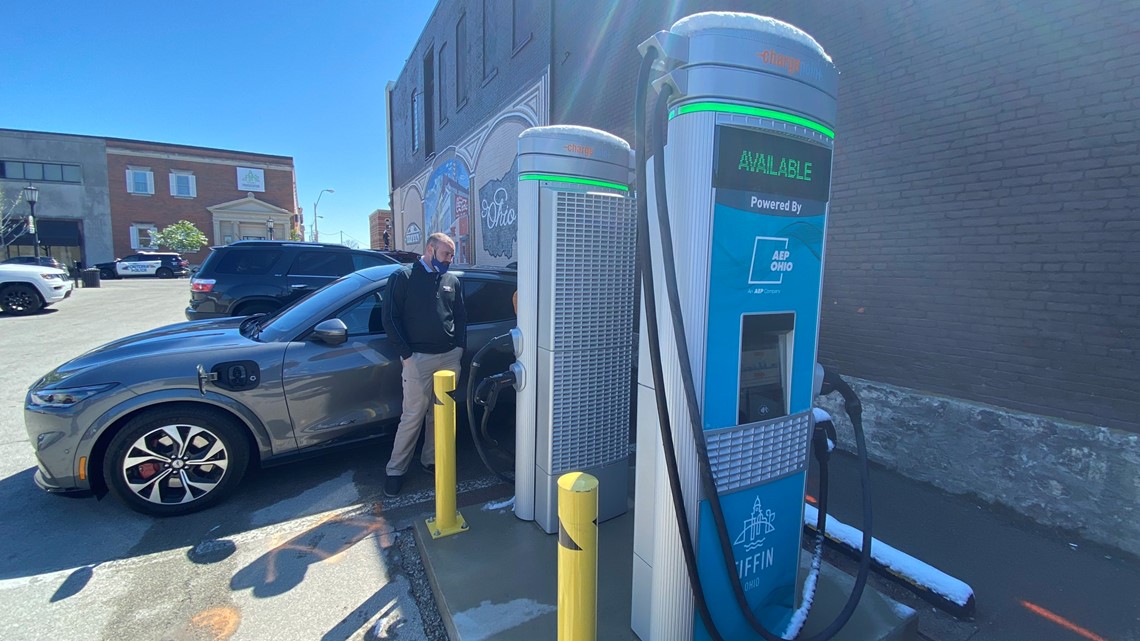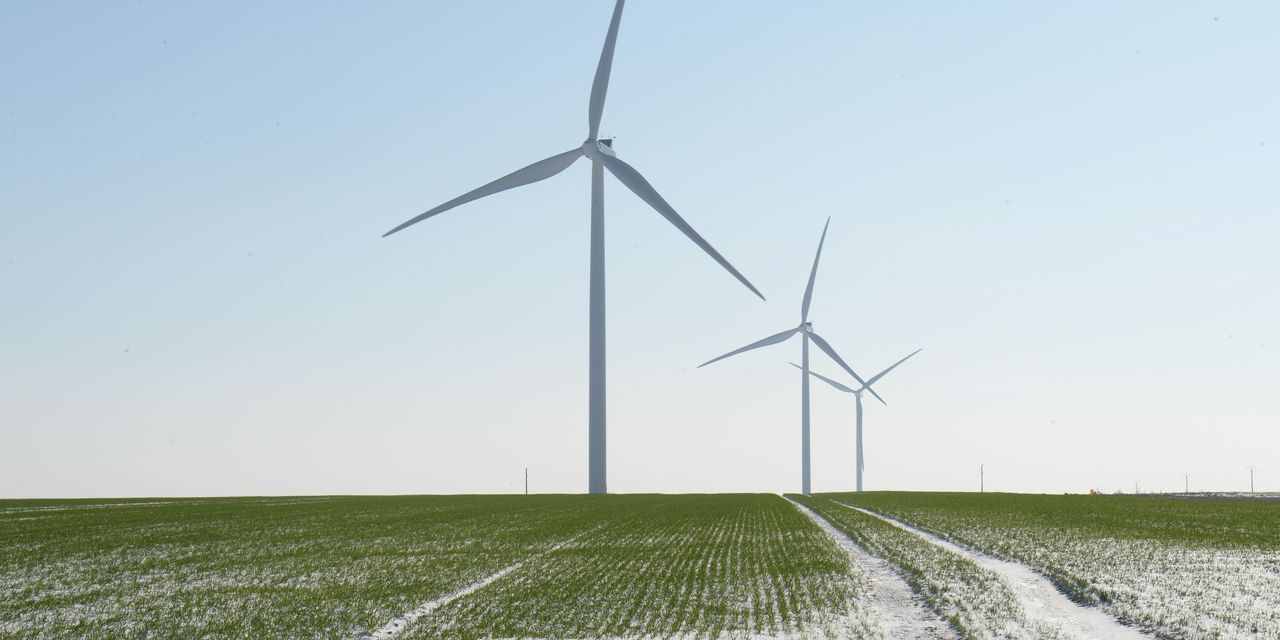Mark Frohnmayer envisions a future where gas-guzzling cars no longer clog city streets. He has an audacious dream of replacing those bulky autos with the quirky three-wheel electric vehicles that his startup, Arcimoto, has spent well over a decade trying to bring to market.
The Eugene company is still in its infancy and remains far from its lofty goal of mass-producing its speedy electric trikes, but it doubled its output last year by making 117 of the lightweight vehicles and delivering 97. It has built another 84 vehicles so far this year.
The company also announced a $10.25 million deal in January for a factory in Eugene five times bigger than its current site, which will enable Arcimoto to significantly boost production.
But Frohnmayer didn’t open his March earnings call with investors by heralding those milestones.
Instead, he found himself defending his company against the most recent in a slew of short seller attacks that have plagued Arcimoto since its stock began to skyrocket last year.
Short seller mania and growing day trader craziness, fueled by social media, has contributed to a particularly chaotic year for Arcimoto. A rare startup whose stock is traded on the public markets, Frohnmayer’s business finds itself caught between forces far outside its control.
Arcimoto’s aim, a longshot for a fledgling company, is to mass produce an affordable vehicle for a more sustainable future. Online hype has boosted the company’s visibility, share price and investors’ expectations.
In early February, Arcimoto’s stock peaked at more than $36 a share and the company’s market capitalization momentarily topped $1 billion, an astronomical rise for a company whose shares were worth just over a dollar last March.
Arcimoto reported only $2.2 million in revenue last year, and it lost $18.1 million.
The soaring stock price enabled Arcimoto to raise more money to fuel its ambitions but the boost was fleeting. Shares have since declined to around $11 and the hubbub subjected the tiny company to a degree of scrutiny few startups have to endure.
While Frohnmayer insists the ruckus hasn’t distracted Arcimoto, he is spending a growing share of his time defending his company from attacks like the one that led off its most recent earnings call.
“Occasionally, you got to take out the trash,” Frohnmayer said.
“This was the sixth hit piece against Arcimoto since our previous earnings call,” he added. “We had concerned investors writing in and asking what’s going on here. That’s what prompted us to say we’re going to address this head on.”
GOING PUBLIC
In 2017, when Arcimoto was little more than a novel idea, Frohnmayer made the unconventional decision to take his company public and sell stock on the open market. Most startups get their funding from venture capitalists and other private investors.
It can be grating for entrepreneurs to hand over a big stake in their company to deep-pocketed investment firms with their own agendas. But young companies need the money.
The alternative, going to the public markets, is an expensive and time-intensive process in the best of circumstances. And while any company going public knows it’s in for intensive scrutiny, for Arcimoto it’s been even more than they could have anticipated.
The latest short seller report from Bonitas Research leveled serious allegations, claiming that Arcimoto had lied to investors about presales and failed to inform customers of safety recalls, prompting some law firms to begin soliciting members for a possible class-action lawsuit. Several of those firms announced this week that they had filed class-action lawsuits against Arcimoto.
Such litigation is part of the cost of doing business for big, public companies. Similar cases are routinely settled for a tiny fraction of what the plaintiffs demand. For Arcimoto, though, the critical attention could add expensive legal fees and take executives’ time and attention – even if the accusations turn out to be spurious.
“There are a lot of challenges to being a publicly traded company,” said Daniel Rogers, associate professor of finance at Portland State University’s School of Business. “You have the prestige of having a stock price, but it comes with a lot of headaches for management because you have a lot of oversight.”
A NOVEL IDEA
Frohnmayer co-founded his first company, GarageGames, back in 2000. When the software and game development company sold for $50 million seven years later, he walked away with $6 million and dumped a share of those proceeds into launching Arcimoto, believing the company could quickly develop a prototype to bring to market.
Instead, the company’s first seven designs failed and by 2014, Frohnmayer had laid off his last employee.
Still, Frohnmayer, the son of former Oregon attorney general and University of Oregon president David Frohnmayer, wasn’t deterred. He continued working to tweak the design of his three-wheel electric vehicle, ditching the steering wheel in favor of motorcycle handlebars.
Around the same time, noted Silicon Valley investor Bill Hambrecht and his firm, WR Hambrecht + Co, were trying to identify innovative companies they felt had the potential to disrupt established industries and firms. That’s when they caught wind of Arcimoto. Frohnmayer had set a target of bringing the cost of his Fun Utility Vehicle down to $11,900, a price point that would set it apart in the electric vehicle market. That intrigued Hambrecht.
“It was our first attempt at looking for investments that we were really interested in as opposed to just reacting to people that showed up at our doorstep,” Hambrecht said.
A $2.1 million investment from WR Hambrecht + Co gave Arcimoto new life, but the company would need to raise significantly more to begin scaling up production.
However, Hambrecht didn’t think Arcimoto could get the financial investment it needed by relying on venture capitalists. Back in 2017, they were growing wary of electric vehicle companies after plunging millions into electric vehicle pioneer Tesla only to have the company struggle with production problems and delays.
“It was a very difficult time for any electric vehicle company to raise venture capital,” Hambrecht said. “Tesla had gone through several near fatal encounters and was just starting to prove that they might make it. The venture capital people who had been in Tesla were not anxious to try another one. Tesla had shown it’s very difficult to put together a startup to make a vehicle to stand up to the use that a customer will give it on the road.”
Instead of relying on venture capitalists to fund the company as it grew, Hambrecht encouraged Frohnmayer to take advantage of changes to a 2012 federal law that opened the door for emerging companies to raise up to $50 million through public offerings.
Not only would going public help Arcimoto quickly bring in much-needed cash, Frohnmayer said Hambrecht persuaded him that the company’s public mission and consumer-facing product made it a good candidate for the public market.
In 2017, Arcimoto officially went public, raising $19.5 million through its IPO.
“The ability to have our customers be our stakeholders and vice versa,” Frohnmayer said, “we think is an important part of the growth story.”
STOCK PRICE SURGES
Arcimoto’s stock price remained relatively stagnant during its first three years as a public company before it surged last year as investors rushed to buy up stock in electric vehicle companies.
Tesla’s stock surged nearly 700% in 2020 as consumer demand for its electric vehicles soared. Arcimoto’s stock soared more than 720%.
Arcimoto took advantage of the surge, raising more than $50 million through several private placements as its cash on hand rose from $5.8 million at the end of 2019 to $39.5 million at the end of 2020.
Frohnmayer said the company hopes to secure a loan through a U.S. Department of Energy program meant for fuel-efficient, advanced technology vehicles – a loan program that aided Tesla in 2010 – as it continues to meet its capital needs. But Arcimoto also expects to continue to leverage its stock runup to raise capital. In January, the company reached an agreement with Canaccord Genuity to sell up to $80 million in new stock at the market rate.
Selling more shares dilutes current investors’ ownership stakes, but Sanjai Bhagat, provost professor of finance at the University of Colorado at Boulder, said that shouldn’t be a big concern for the company – as long as it makes the most of the money it raises.
“What doesn’t get asked is what happens with the money that was raised from the sale of the new shares,” Bhagat said. “If those funds are used for good investment projects, then the company’s earnings are also going to increase.”
With an improved cash position, Arcimoto announced two major acquisitions early this year.
First, it acquired a 185,000-square-foot manufacturing space in Eugene, which at maximum capacity could produce 50,000 vehicles per year. Frohnmayer expects production at the facility to begin by October and says the new plant should help Arcimoto meet its goal of delivering 500 vehicles this year.
Arcimoto also paid roughly $10 million in stock and cash in January to acquire Tilting Motor Works, whose technology allows three-wheeled vehicles to safely lean into turns.
Those announcements led to another surge in the company’s stock prices early this year, one which was spurred on by a Feb. 2 tweet from prominent investor Ross Gerber, whose firm, Gerber Kawasaki Wealth & Investment, has invested in other clean energy and electric vehicle companies including Tesla and NextEra Energy.
In his tweet, Gerber said he had invested in Arcimoto, calling the company “tesla lite.”
“We felt after doing our research on the vehicle and the management team that they had a great business plan and a great product,” Gerber said. “We’re going to try to help them get to market with it.”
Gerber said he tries to take an active role in helping companies he invests in succeed and has offered himself up as an advisor to Arcimoto. In that capacity, he has gotten to know Frohnmayer on a personal level and found an honest and down-to-earth CEO who lives and breathes Arcimoto, which can make it especially painful when a short seller comes out with a report attacking the company.
Unlike conventional investors, who buy a company’s shares in hopes it will rise, short sellers position themselves to profit when a business stumbles. They’re sometimes aggressive, seeking out information that reflects badly on a business and then hyping it to drive down the stock.
Social media and day trading has introduced a new dynamic, highlighted by the crazy ride the fading video game retailer GameStop endured last winter. Short sellers and day traders battled on Reddit and other online services, upending conventional Wall Street thinking as GameStop’s stock soared.
The current drama around Arcimoto illustrates another dimension, as enthusiasts and skeptics train their spotlight on the tiny company in Eugene and argue over its prospects.
In Gerber’s opinion, Arcimoto may have made the jump into the public market too early, although he said the company has turned it into a net positive by attracting and raising capital. Still, Gerber called the market a brutal place and said it can be a distraction, if companies allow it to be.
His advice to Frohnmayer: Don’t get preoccupied with the short sellers, and instead “go execute.”
“All short sellers die when you execute,” Gerber said. “That’s what happened with Tesla.”
SCALING UP
Frohnmayer doesn’t know where his company would be if it hadn’t gone public in 2017.
It’s possible, he said, Arcimoto might have moved even faster by staying out of the market. But he had to pull the company out from the brink of collapse on multiple occasions and remembers skeptical Oregon investors who once told him he would never attract the capital he needed to succeed.
“The fact that we’re here and we’re in the position that we’re in now and we’re actually executing forward at full speed on a number of different fronts that are core to our long-term mission,” Frohnmayer said, “I don’t have a lot of regrets about the path we’ve taken.”
Along with its Fun Utility Vehicle, Arcimoto also makes two other models: The Deliverator designed with a compartment in back for packages, and the Rapid Responder, which the company announced last year was being tested by the Eugene-Springfield Fire Department as a quicker option for first responders to get to the scene of an emergency.
But Arcimoto has an enormous way to go to scale up production on its three vehicles and bring down its prices to reach a broader market. A Fun Utility Vehicle costs $17,900, which Frohnmayer hopes will drop to $11,900 by 2024.
Safety issues remain, too. Arcimoto issued a voluntary recall on its vehicles earlier this month to update firmware due to a problem that could lead to unexpected battery shutdown.
Rogers, the Portland State University professor, said the company needs to prove it can market its quirky vehicles to a big customer base as it scales up production.
“They have to be able to continue to show improvements,” Rogers said. “Otherwise, these public market investors have other options in terms of investing in electric vehicles.”
Frohnmayer believes his three-wheeled electric vehicles will attract a wide customer base as the price point comes down, helping to lower carbon emissions and right-size the footprint of everyday travel.
Hambrecht, on the other hand, is bullish on the potential of Arcimoto’s delivery model, The Deliverator, seeing it as a great option for Uber Eats drivers and pizza delivery. Gerber thinks the vehicles could be desirable as rentals in vacation destinations like Hawaii.
But first, Gerber said Arcimoto has to prove that it can meet its goals to safely scale up production – something that has challenged other electric vehicle startups.
“It’s a tough wall to get over,” Gerber said, “but if they get over it, the company’s worth billions.”
— Jamie Goldberg | jgoldberg@oregonian.com | @jamiebgoldberg

